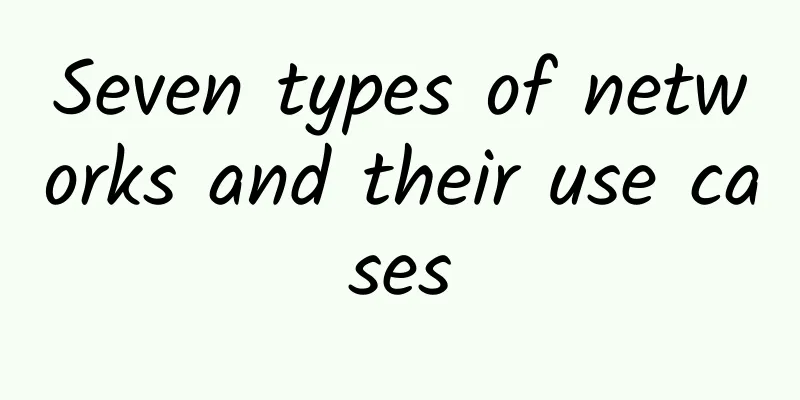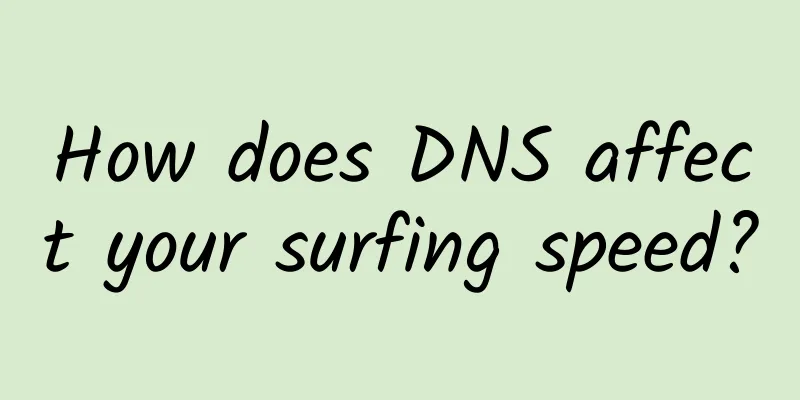Here are 24 C++ pitfalls to avoid.

|
This article is reprinted from the WeChat public account "Program Cat Adult", the author is Program Cat Adult. Please contact Program Cat Adult's public account to reprint this article. The following is the table of contents of this article: First, what is the difference between C++ and C? Let me share an answer I saw on Zhihu:
C++ has a very important feature called RAII. I think it can be used a lot and is quite convenient. For more information about the clever use of RAII, you can read my two articles "The Magic of RAII: ScopeExit" and "The Magic of RAII: Calculating Function Time Consumption". Now, let me list the common pitfalls in using C++ one by one: Incorrect use of unsigned integers
What will happen in the above code? It will go into an infinite loop. Pay attention to the use of unsigned integers here. The size() return type of a container is an unsigned integer
This code will still have an infinite loop, refer to the previous one for the reason. memcpy and memset are only applicable to POD structures As for what a POD type is, it is actually quite difficult to explain. If you are interested, you can directly look at cppreference https://en.cppreference.com/w/cpp/named_req/PODType Pay attention to iterator invalidation when traversing and deleting STL
std::list sorting using own member methods General container sorting uses std::sort(), but list is special.
Strict pairing of new/delete, new[]/delete[], malloc/free These must be used in pairs. For the reason, you can read my previous article "Why should new[] and delete[] be used in pairs?" The base class destructor must be a virtual function If it is not a virtual function, there may be a memory leak problem Comments are written with /**/ instead of // Using /**/ for comments may cause problems. Reason: After the encoding of utf-8 and ANSC (GB2312) is confused, Chinese comments are garbled. The garbled characters contain */, which is mismatched. As a result, the actual commented part of the IDE is not visible to the naked eye, making it extremely difficult to locate. This is common in Windows. Member variable initialization Member variables have no default initialization behavior and need to be initialized manually. Do not return pointers or references to local variables
Stack memory is easily polluted. Floating point number equality problem
Vector clear and swap issues To clear a vector, you can use swap instead of its clear method, which can release the internal memory of the vector earlier.
Vector Problem Try not to store bool types in vectors. For optimization purposes, vectors don’t actually store bools inside. Condition variables There are two major problems with the use of conditional variables: signal loss and false wakeup, which are quite important. For details, please refer to my article "Do you know the pitfalls of using conditional variables?" Type conversion In C++, try to use the four C++ style type conversions instead of C language style forced type conversions. Use of async in asynchronous operations
The future returned by std::async behaves differently from the future obtained through promise. The future object returned by async will block and wait for the thread in async to complete execution when it is destroyed. This means that in most scenarios, async cannot achieve the purpose you intuitively think it can achieve. Smart Pointers Do not wrap a raw pointer with multiple smart pointers, and use make_unique and make_shared as much as possible. When you need to use this as a smart pointer in the internal interface of a class, you need to derive this class from enable_shared_from_this Stack memory usage Reasonable use of stack memory, especially arrays. Array out-of-bounds problems can easily lead to stack space damage. You can consider using std::array instead of ordinary arrays. Use of std::thread Be sure to remember to join or detach, otherwise it will crash.
Enum usage Try to use enum class instead of enum. Enum class is an enumeration type with a scope. For null pointers, use nullptr instead of NULL As for why it is used this way, you can read my article "You must read this article about nullptr"
Use of std::remove This remove does not actually delete the element. It needs to be used in conjunction with erase. You will know it by running this code.
Global variable initialization problem The order of initialization of global variables in different files is not fixed. Global variables should not depend on each other as much as possible. Otherwise, bugs may occur due to the problem of unstable initialization order. |
>>: Three-minute review! A quick overview of 5G industry development trends in April 2021
Recommend
HostDare offers a 20% discount on the CN2 GIA route in Los Angeles starting at $28.7/year
HostDare has updated new discount codes, offering...
Design of high-density WiFi terminal occupied air interface resources calculation method
In places where high-density WI-FI terminals are ...
Buying a ticket can cause a loss of 100,000 yuan. This is the black market you don’t know about.
Recently, Damai.com was attacked by a database co...
Huawei obtains the world's first PUE test certificate for micro-module products
The 4th Data Center Infrastructure Summit was suc...
Will 5G replace NB-IoT immediately after commercialization? Not really!
From May 21 to May 25, the international telecomm...
The United States has repeatedly stumbled in 5G network construction. What did it do wrong?
The fact that the 5G network in the United States...
HTTP connection management diagram
The HTTP protocol is very important to us program...
Report: Amazon, Microsoft and Google account for half of all major hyperscale data centers
Amazon, Microsoft and Google account for more tha...
Four leading geese: the starting point for large-scale commercial use of 5G to B
Suddenly, 5G has truly come into our lives. With ...
T-Mobile plans to provide super-capacity 5G network within three years
According to foreign media reports, T-Mobile plan...
RepriseHosting: $29.5/month-L5640/16G memory/12TB HDD/1Gbps bandwidth/Seattle data center
RepriseHosting is a low-cost US server provider f...
Central Cyberspace Affairs Commission: Organize and carry out IPv6 deployment and application pilot projects
According to China Internet Information Office, t...
How Can 5G and Edge Computing Benefit Warehouse Automation?
The concept of Industry 4.0 is driving the popula...
The third and fourth largest operators in the United States announced a merger. Can China Telecom and China Unicom follow suit?
On April 29, T-Mobile, the third largest telecom ...
How to solve the packet loss problem in TCP transmission protocol
1. Before answering this question, we need to con...









